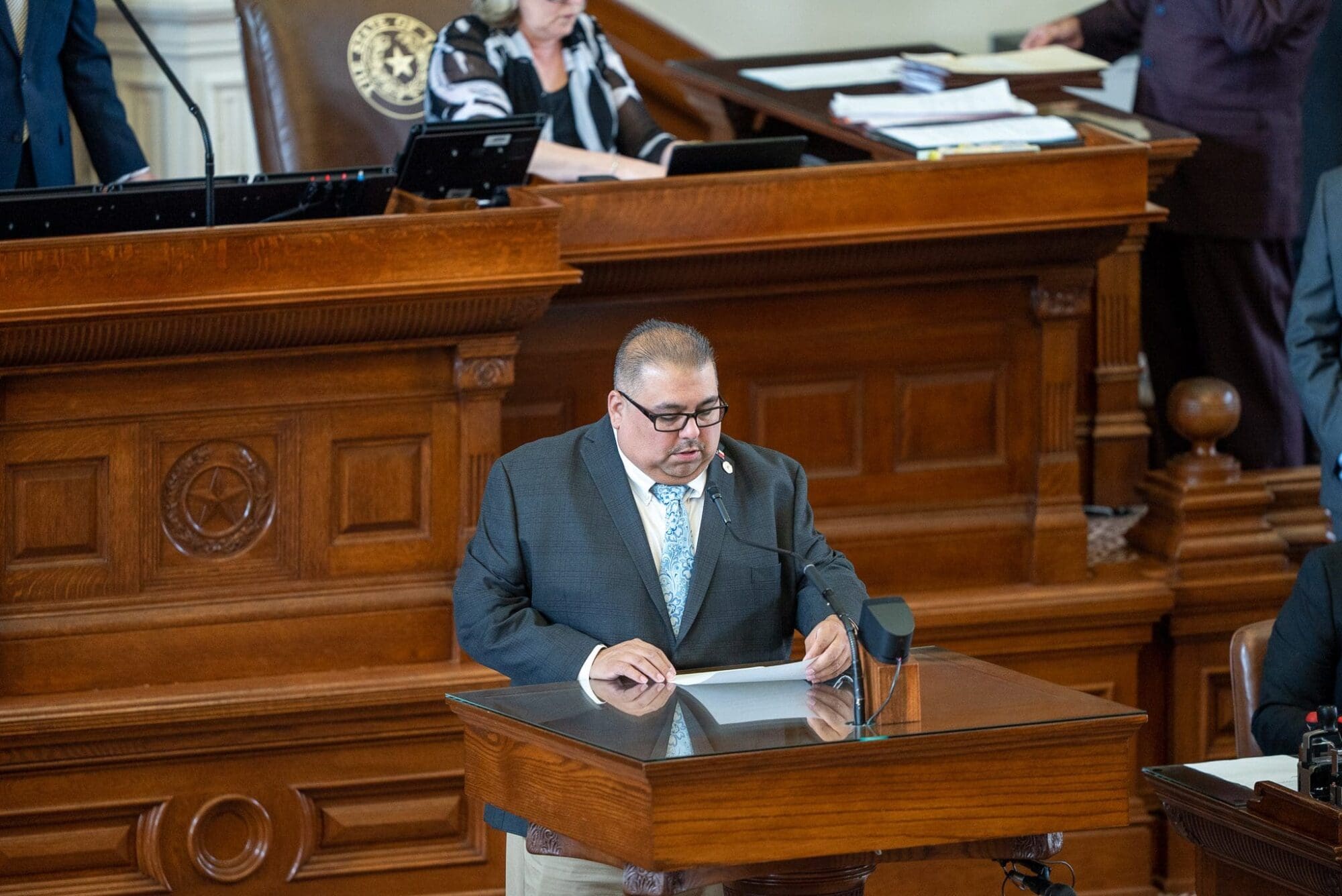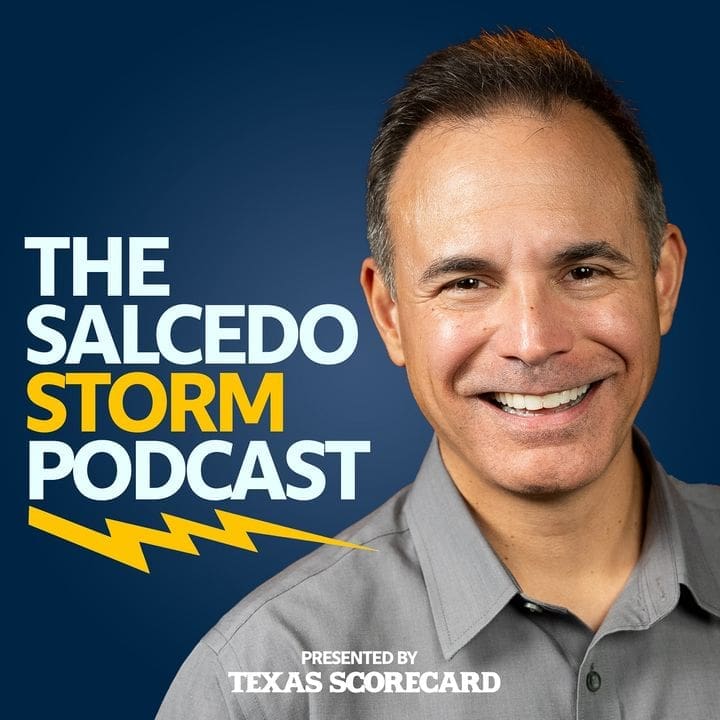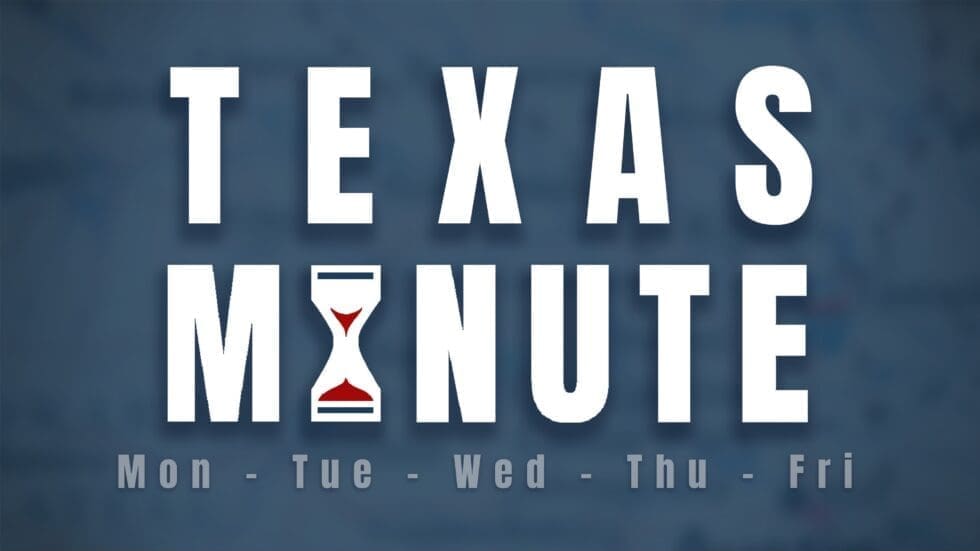Two months ago the Senate passed it’s eminent domain bill (SB18) that doesn’t necessarily do additional harm to private property rights, but certainly left major room for improvement. Wednesday, the House has it’s opportunity to drastically improve this bill by adding necessary property rights protections.
As we originally noted regarding SB18’s passage from the Senate, it lacks important private property protections and reforms. Paramount are the clarification between “public use” and public purpose”, establishment of “necessity” for the taking, and institution of a better “buyback” option.
Texas Public Policy Foundation’s Bill Peacock expertly summarizes these necessary amendments to SB18 below:
The “Buyback” amendment by Rep. Kolkhorst (p. 46): A major flaw with Texas eminent domain law is that once a property has been condemned, it can be used for just about any purpose—the condemnor is not required to use it for the purpose it was taken. SB 18 currently contains a buyback provision that attempts to address this problem by letting a property owner repurchase her property under certain circumstances. However, in most cases a condemnor can get around the buyback provision even if it does not use the property for the use specified in the condemnation proceedings. This amendment adds a new trigger to the buyback provision that would grant property owners the right to repurchase their property if the initial use of the taken property is not the public use for which the property was taken. It applies in all situations and is not tied to the 10 year time frame currently in SB 18, so avoids the concerns that both property rights advocates and condemnors have with the current provision.
The “Public Necessity” amendment by Rep. Sheffield (p. 35): Reflecting the U.S. and Texas constitutions provisions, SB 18 prohibits taking of private property unless the taking is for a public use. While this is a good provision, it falls short of accurately reflecting current takings law on public use. A 2005 3rd Court of Appeals decision in Whittington v. City of Austin clearly explains the current requirement in law: “There are two aspects to the ‘public use’ requirement. First, the condemnor must intend a use for the property that constitutes a ‘public use’ under Texas law. Second, the condemnation must actually be necessary to advance or achieve the ostensible public use. …. This second aspect of public use is commonly termed the ‘necessity’ or ‘public necessity’ requirement.” This is also seen in the inclusion of the term “necessary” in many sections of statute, such as Section 251.001(a), Local Government Code: “When the governing body of a municipality considers it necessary, the municipality may exercise the right of eminent.” This amendment simply inserts the word “necessary” into SB 18 so that a taking is prohibited unless it is necessary for a public use.The “Public Use” amendment by Rep. Phil King (p. 58): According to the United States and Texas constitutions, eminent domain can only be used for a public use. However, the Texas Legislature and Texas courts have closely followed the national trend of blurring the distinction between public use and public purpose. This confusion between public use and public purpose is what led the Supreme Court in its Kelo decision to allow takings for the purposes of increasing tax revenue and economic development, rather than limiting takings to public uses like building public schools and roads. This amendment simply inserts the constitutional term “public use” in place of “public purpose” in the provisions in statute that authorize the use of eminent domain for cities, counties and school districts. This is the next step—after banning takings for economic development purposes—to ensure that takings conform with the original vision of public use as contained in the Texas and U.S. constitutions.
Additionally you can find a more extensive explanation of the “Public Use vs Public Purpose”, “Necessity”, and “Buy-Back” amendments on TPPF’s website.
Because central role property rights play in the maintenance of a free and healthy economy, it is important that the Texas House adds these perfecting amendments to SB18. Please contact your state representative and tell them to support these amendments today!
Don’t know who to call? – Find out here: Who Represents Me?
—
Andrew Kerr is the Executive Director of Empower Texans / Texans for Fiscal Responsibility
Connect with Andrew on Twitter



